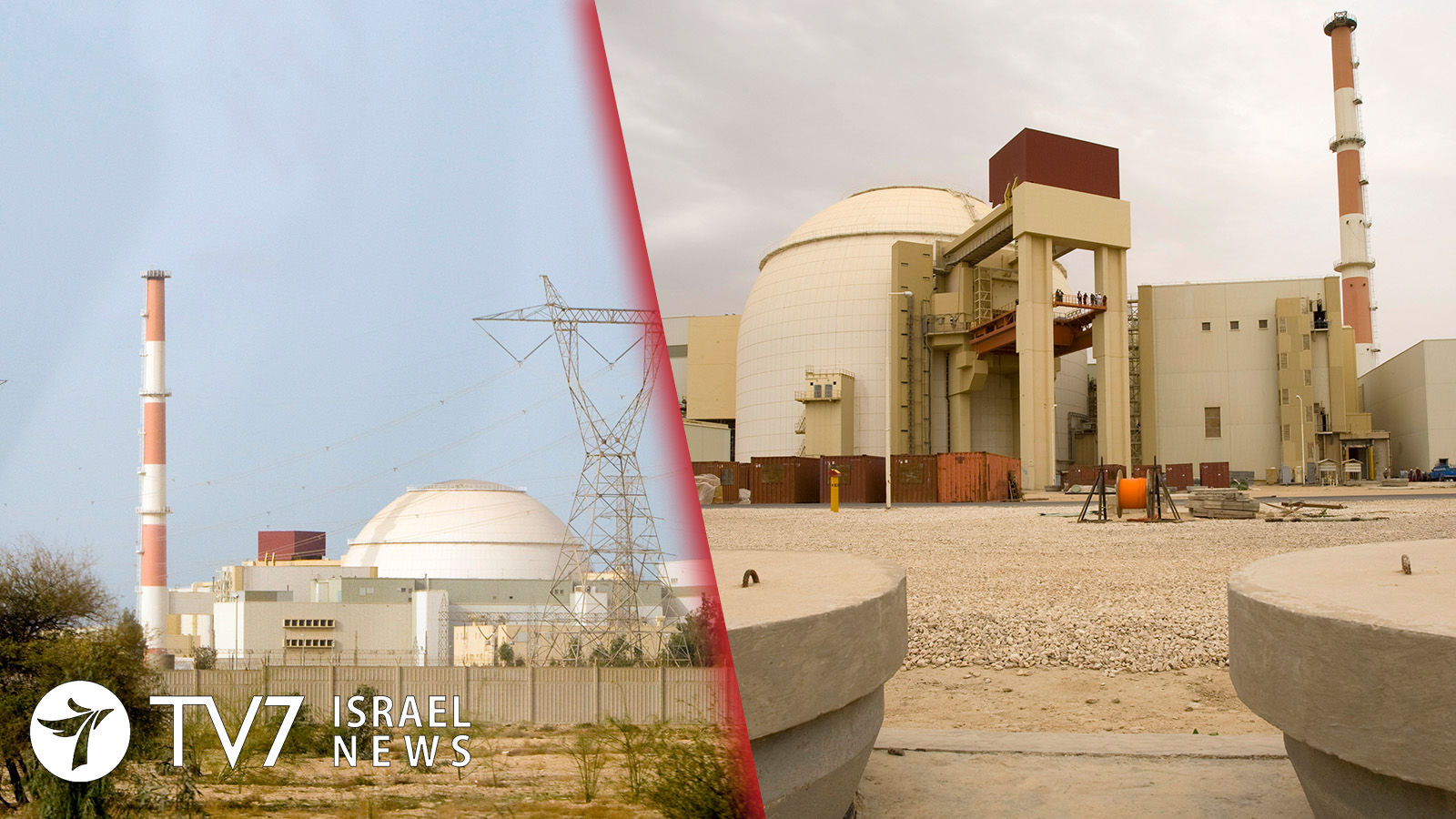Iran rejected a demand by the United States to allow International Atomic Energy Agency (IAEA) access the Islamic Republic’s disputed TESA Karaj nuclear complex.
By Erin Viner
“Countries that did not condemn terrorist acts against Iran’s nuclear site are not qualified to comment on inspections there,” declared the Head of Iran’s Atomic Energy Organization Mohammad Eslami, who also serves as Iranian Vice President.
Eslami made his statement during a visit to Russia, according to the Islamic Republic News Agency (IRNA), where he is holding talks on bilateral nuclear cooperation with the chief executive of Russian state nuclear firm Rosatom.
The workshop to which Iran has denied the IAEA to enter produces components for centrifuges. Iran says an IAEA camera at the site was destroyed and left without footage in a June sabotage attack; and removed 3 remaining cameras operated by the United Nations nuclear watchdog organization.
The Ayatollah regime avoided a major diplomatic escalation with the West by agreeing on 12 September to let the IAEA service its equipment at nuclear sites such as replacement of nearly-full memory cards, and cameras were set to be re-installed at TESA Karaj.
In a statement on Monday to the IAEA’s 35-nation Board of Governors, the US threated Iran with diplomatic retaliation if it does not immediately “provide the IAEA with needed access without further delay,” underscoring that failure to do so would be met “in the coming days on an appropriate response.”
The European Union also insisted that Tehran comply with IAEA inspectors “without any further delay,” and informed the IAEA board that Iran’s failure to open the workshop for inspection is “a worrying development” and “contrary” to its September agreement.
Meanwhile in related developments, a French presidential official cited by Reuters said that Iran must immediately resume talks with world powers on reviving the 2015 Joint Comprehensive Plan of Action.
“Nobody wants an escalation, but to avoid an escalation Iran must return to the negotiating table,” the French presidency official told reporters. The source also stressed that Tehran “could not set new conditions before returning to the talks in Vienna as the terms on the table were clear,” Reuters reported.
Multi-lateral talks that opened in Austria last April to revive the JCPOA aimed at keeping Iran from being able to develop nuclear weaponS broke off in June ahead of Iranian presidential elections that saw hardline new leader Ebrahim Raisi take office. It remains unclear that even if resumed, the talks would pick up where they left off. Raisi was the favored candidate of the Islamic Republic’s radical Supreme leader Ayatollah Ali Khamenei.
Western powers are pressuring Tehran to return to the talks, with the US warning that “time is running out” due to advances of Iranian nuclear development far beyond the limits set by the JCPOA, from which Washington withdrew in 2018.
Even though the Ayatollah Regime recently indicated willingness to continue the talks, it failed to set specific date to do so.
“The more that time passes, the harder it becomes to return to the negotiating table…and the key question of restoring a manageable and acceptable breakout time for us becomes complicated to resolve,” the official stressed, pertaining to time needed for Iran to amass fissile material sufficient to produce a single atomic bomb.
The official also underscored the need for world powers including Russia to remain united, and specifically called on China to “express itself and act in a more determined way.”
Both Russia and China are permanent members of the United Nations Security Council, known for impeding efforts by fellow permanent members – the US, France and United Kingdom – to pass resolutions against Iran.
